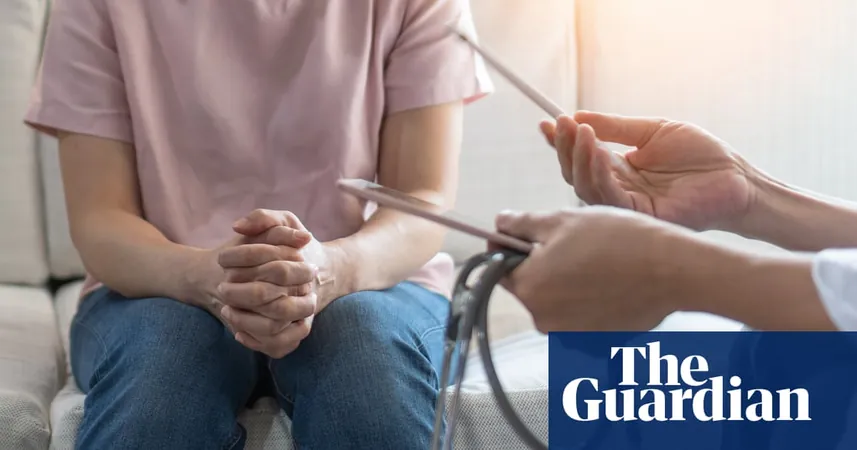
Urgent Need for Improved Cancer Screening Access for Trans People in England
2024-09-19
Introduction
In a concerning revelation, experts at the recent World Cancer Congress in Geneva have highlighted that thousands of transgender individuals in England are not receiving crucial cancer screening. This oversight arises from systemic issues linked to the way general practitioners (GPs) maintain patient records.
Current Screening Protocols
Currently, women registered as female with their GP receive automatic invitations for vital screenings: breast cancer screenings from the age of 50 to 70 and cervical screenings from 25 to 64. However, many transgender patients, particularly trans men and trans women, are falling through the cracks due to the administrative protocol surrounding gender changes in medical records.
Barriers for Trans Men and Trans Women
Trans men who were registered female at birth face a significant barrier as they are often excluded from breast and cervical screenings, even if they have undergone surgeries such as chest reconstruction or hysterectomy. On the flip side, trans women who remain registered as male, despite long-term hormone therapy—a known risk factor for breast cancer—are also overlooked for routine breast screenings.
Systemic Issues with NHS England Policies
This issue stems from policy stipulations by NHS England, which dictate that when individuals change their registered gender, they receive a new NHS number and must be entered as new patients at their GP practice. While their medical history is transferred, pertinent details related to past screenings can be lost in translation, as the screening invitations rely on the current gender recorded.
Estimates and Implications
According to estimates, the UK is home to between 200,000 and 500,000 transgender individuals. Stewart O’Callaghan, chief executive of the charity OutPatients, emphasized the implications of this lapse in care, noting, "Even if only 10% of trans individuals change their gender on their GP record, that translates to tens of thousands missing out on essential cancer screenings that could potentially save their lives."
Lack of GP Training and Healthcare Inequalities
Despite NHS guidelines encouraging trans patients to request screenings, many GPs lack the necessary training to properly engage with these patients about their screening options. The existing healthcare framework often places an undue burden on individuals to seek necessary tests, which can inadvertently exacerbate healthcare inequalities.
Concerns Voiced by Healthcare Professionals
Dr. Alison May Berner, an oncologist focusing on cancer care for transgender patients, voiced her concerns, stating, “We all lead busy lives and depend on health systems to remind us about essential screenings. For many trans individuals, these screenings can also induce feelings of dysphoria.”
Heightened Cancer Risks
Gemma Peters, head of Macmillan Cancer Support, reinforced this sentiment by stressing the heightened exposure to cancer risk factors among transgender people, further complicated by complex barriers to healthcare access.
Proposed Solutions
In pursuit of solutions, O’Callaghan proposed the need for healthcare systems to track transgender status while maintaining patient privacy, highlighting that both gender identity and sex assigned at birth should be recorded in a way that protects confidentiality. “Any measures taken must involve direct input from trans patients to ensure practical and effective changes,” he concluded.
Conclusion
As this conversation gains traction, it becomes increasingly evident that urgent reforms are essential in England's cancer screening programs to safeguard the health and well-being of the transgender community.



 Brasil (PT)
Brasil (PT)
 Canada (EN)
Canada (EN)
 Chile (ES)
Chile (ES)
 España (ES)
España (ES)
 France (FR)
France (FR)
 Hong Kong (EN)
Hong Kong (EN)
 Italia (IT)
Italia (IT)
 日本 (JA)
日本 (JA)
 Magyarország (HU)
Magyarország (HU)
 Norge (NO)
Norge (NO)
 Polska (PL)
Polska (PL)
 Schweiz (DE)
Schweiz (DE)
 Singapore (EN)
Singapore (EN)
 Sverige (SV)
Sverige (SV)
 Suomi (FI)
Suomi (FI)
 Türkiye (TR)
Türkiye (TR)